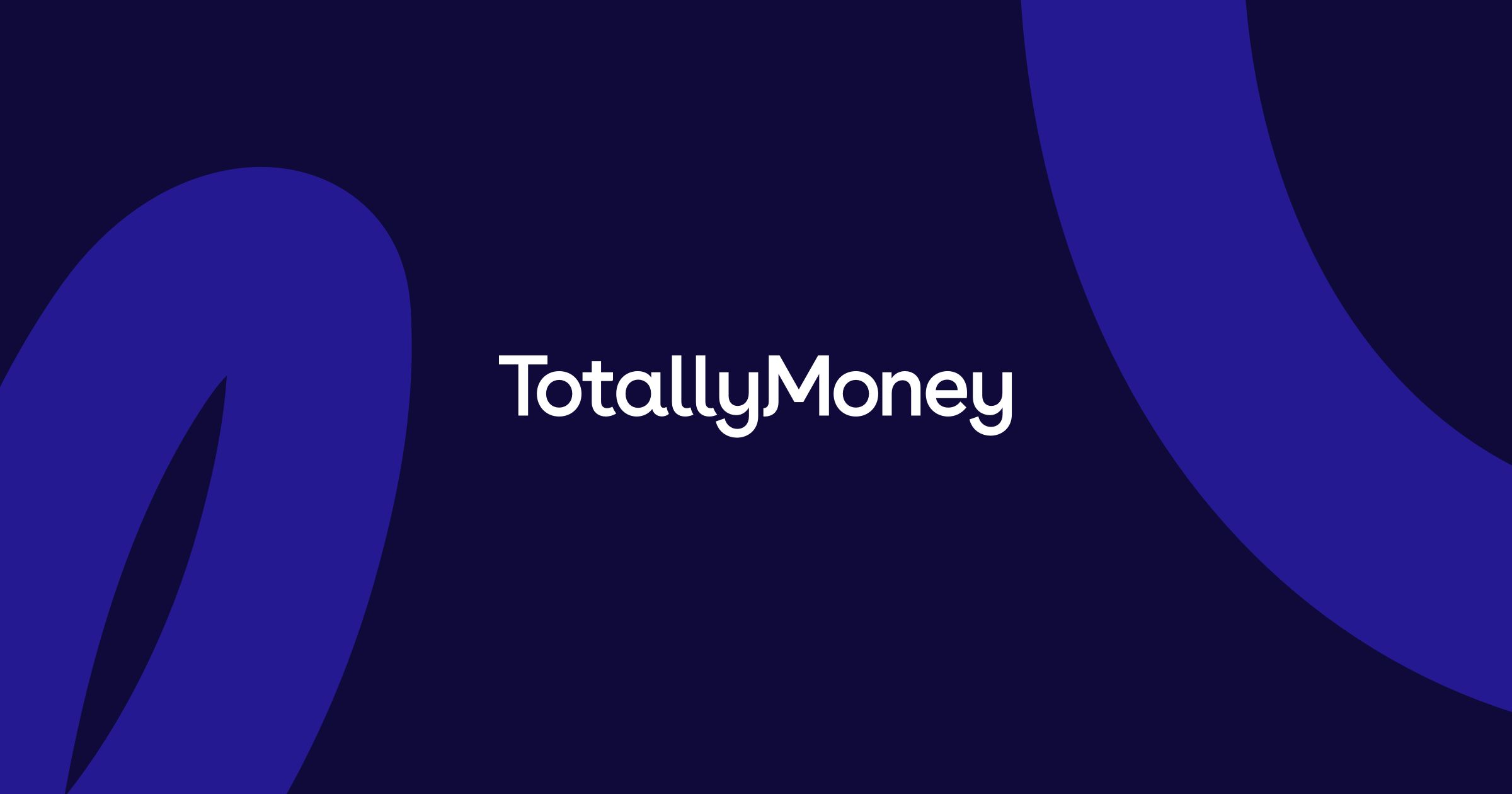Fixed-rate mortgages offer the security of knowing exactly what you’ll pay each month but you’ll probably pay a premium for that luxury.
Find out if a fixed-rate mortgage is for you with this guide.
What is a Fixed-Rate Mortgage?
A fixed-rate is simply a mortgage where the interest rate stays the same for a set period, usually between two and five years. They offer static payments and protection from interest rate rises, but are slightly more expensive than variable rate mortgages.
Is a Fixed-rate Mortgage Right for Me?
If you are on a tight budget and/or don’t want to worry about the threat of rising interest rates a fixed-rate mortgage is for you. They offer the security of knowing exactly what you’ll pay each month.
But you’ll pay a premium for this, fixed rate mortgages carry slightly higher interest rates than tracker mortgages. So, if you are convinced interest rates won’t rise to an unaffordable level a tracker mortgage may be a cheaper option.
How long you fix for should reflect what you feel is most likely to happen to interest rates. There is no right answer here, but there are some highly educated guesses. Use our mortgage rate index to get the very latest rate predictions to help you make an informed decision.
What About Fees?
Mortgages come with a variety of fees that you need to watch out for. Frequently, a lender will advertise a rock-bottom interest rate to draw in customers but they’ll rack up the fees so they aren’t making any less money on the deal. Here are the fees to watch:
Arrangement fees
This is the lender’s charge for the administration of setting up your mortgage. These have crept up in recent years and some can be as much as £2,000. But you don’t have to pay it upfront. It can be added to your mortgage, but bear in mind this means you’ll pay interest on it, increasing the overall cost of your mortgage. A high arrangement fee isn’t necessarily a bad thing; if you have a large mortgage, paying a higher arrangement fee in order to get a lower interest rate can save a lot of cash.
Early redemption charge
If you want to leave your deal early many lenders will penalise you. The penalty is usually calculated as a percentage of the loan or a fixed fee. You’ll trigger a penalty if you pay off your mortgage entirely and, sometimes, if you try to overpay.
Exit fees
This is an important charge to check. Many lenders charge a fee to close a mortgage when you’ve paid it off. Despite brokers estimating that it costs lenders around £50 to close off a mortgage this fee has soared recently with some mortgages carrying a £200 fee. The regulator has stated that lenders must not profit from this fee but are yet to act against lenders who are charging large amounts. So make sure you check what you’ll pay before you accept a mortgage offer. It may be masquerading under another name, so look out for a deeds fee, discharge fee, redemption fee, sealing fee, or vacating fee.
WARNING: Switch when your deal ends
At the end of your fixed deal your mortgage will be automatically moved onto a new rate – usually the lender’s standard variable rate (SVR). These rates can be significantly more expensive than your fixed rate. So you need to be ready to move.
If your fixed rate mortgage is coming to an end, start planning three to six months before you’re lumped onto your lenders SVR. There are thousands of borrowers on SVRs who could save hundreds or even thousands of pounds every year if they remortgaged.
The Pros and Cons of Fixing
Pros
Peace of mind. If the Bank of England base rate goes up, your interest rate, and your payments, won’t move.
Better budgeting. With set payments, it is easier to budget for your repayments as you know exactly how much money will be going out over the fixed period
Potential savings. If rates rise you could end up paying a lot less than someone on a variable rate mortgage
Cons
Expense. Fixed-rate deals tend to have higher interest rates than variable rate mortgages, as you pay a premium for the peace of mind
No benefit from rate cuts. While a fixed rate will protect you in case interest rates rise, you may end up paying over the odds if rates drop
Locked in. If you want to remortgage before your fixed deal runs out you’ll have to pay to leave. In fact, some penalties extend beyond the end of the fixed-rate period so watch out for this when signing up
Set up fees. The lowest rate fixes usually come with higher arrangement or mortgage set up fees
Which is the Best Fix for Me?
There are three key decisions to make when selecting a fixed rate mortgage:
What do you think will happen to interest rates?
This will help you decide the term of your fixed rate, whether it’s two, three, five or ten years.How long do you plan to live in the property?
If you only plan to stay for three years, don’t get a deal for longer as you may end up paying early redemption fees.How big is your deposit?
The more money you can bring to the deal, either in the form of a deposit or equity in the property if you’re remortgaging, the cheaper the deal you’ll be able to get.
